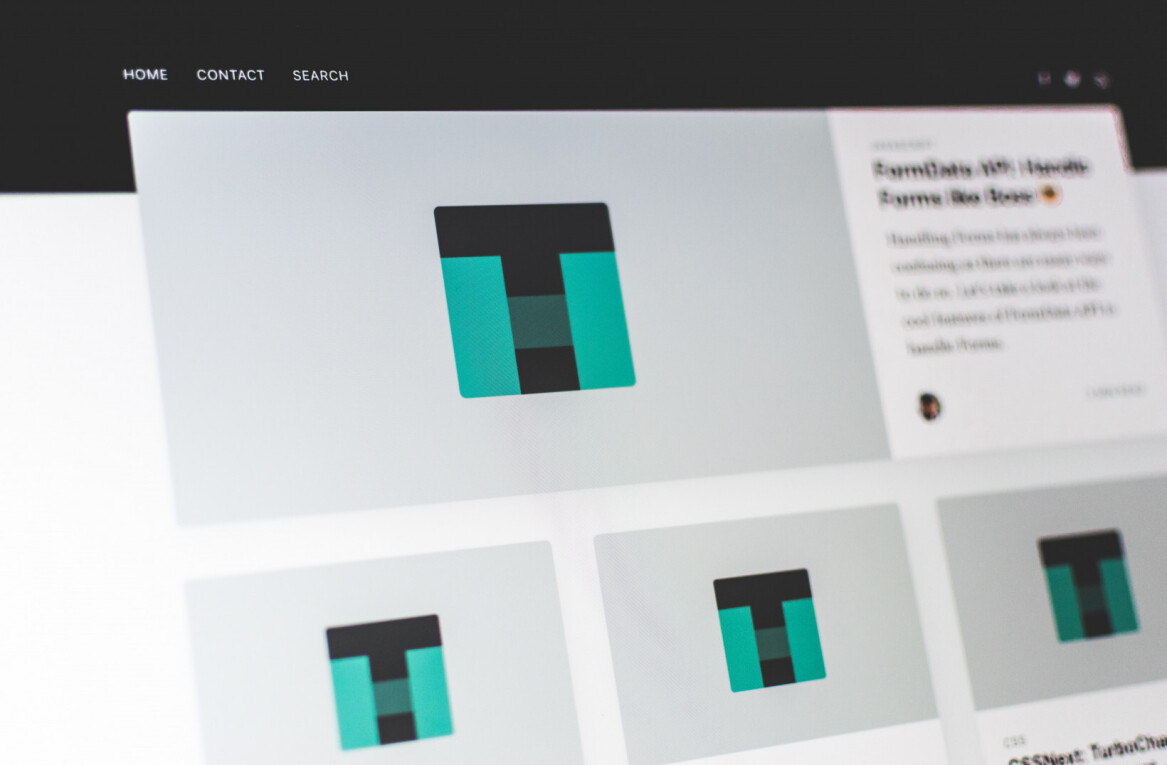
I have a confession to make: when it comes to my job, I do projects on the side. I know, you’re probably grumbling, “who has the time?” But my side projects have helped me grow as a professional and an individual, and they’ve tripled my income. That’s right: tripled.
A while back, as an Art Director, I dedicated about 35 hours a week on top of my day job to developing apps. That experience made me realize I wanted to focus my work on digital products. After one year, I landed a job designing an app and only a few freelance gigs later, I earned three times the amount I had made in my previous position.
I’ve found that when talking to other people, they often have projects they would love to take on, but when it comes to dedicating themselves outside of their nine-to-five, they easily lose steam and don’t see their projects through. If that’s you, then you’re really missing out — side projects can help you grow, both personally and professionally. Here’s how:
Find your passion
When the weekend’s over, do you bound into the office with an enthusiastic “Happy Monday!” for your coworkers? It’s shocking to me, but approximately 51 percent of Americans don’t feel engaged by their work. If that’s you, then taking on a side project can help you discover what you’re really passionate about, whether that’s writing, baking, designing websites, or building furniture.
So when you start, have the right attitude. These projects require sacrificing, but they also help us understand ourselves. Maybe that thing you thought you’d love doing really doesn’t fulfill you, or maybe you’ll feel so passionate you’ll consider changing careers. The only way to find out is to try. So don’t wait until you’re retired!
Learn new skills
Once you commit to a project, hurdles inevitably come up, some of which might seem unsolvable at first. Most of these are practical ones, skills and knowledge which you require but don’t have. When I began, I was a skilled designer but didn’t know much about user experience design. I took courses, read books, went to networking events, and reached out to product designers for mentorship.
This required an investment of not just time but dollars too, and for some that expense becomes another reason to stop. But don’t consider this wasted money. The skills that I acquired while pursuing side projects have built my resumé, and since they directly helped me get the job I have today, that more than makes up for their cost. As Warren Buffett says, “The most important investment you can make is in yourself.”
Master time management
When you first start out, you’ll probably feel like you don’t have enough time in the day. But it’s actually quite easy to change a few things in your lifestyle to provide you the extra hours you need.
Some of my personal favorites? I order my groceries online, ride a bike to work so as to combine my commute and workout, avoid hangovers by drinking less alcohol, check my email only twice a day and have a light dinner to have the energy I need in the evening to work on my side projects. This might sound boring, but all told I free up 15 hours a week. Get creative and turn this into a game — you’ll discover it makes you very happy to triumph over time-wasting chores!
In addition to finding a few more hours in the day, prioritize the things you have to do. Each time you do something you automatically choose not to do another task, so choose creation over consumption and start working more effectively.
Become a better leader
Side projects demand that you figure out how to make things happen on your own, without a boss directing you. When I first put together a team to develop software, I had to learn how to hire people, address sensitive problems, and lead them effectively.
Very quickly I understood my strengths in these areas and, more importantly, my weaknesses. With the help of books, I honed my skills and got the job done. Now I’m not only a better team leader in my day job, I am confident that I could run a business of my own.
Network authentically
As we get older it can become difficult to go beyond our immediate social circle, but side projects provide the perfect opportunity to meet new people. You’ll need to be more social if you require help completing a project. This kind of authentic networking is a great way to find friends, but it has important and very real professional benefits as well. In the course of my work on an app, for example, I met a developer who I then teamed up with for a project. It was through him a year later that I landed my first gig as Lead Designer.
Taking on a side project can seem scary, because it’s a serious time commitment to a new and challenging task. Yet every time we face uncertainty, we grow, and that’s often when our paycheck grows as well. Embrace the uncertainty of starting something new. Not trying is the only way you’re guaranteed to fail. And if you’re looking for a sign to get started — well, here it is.
Get the TNW newsletter
Get the most important tech news in your inbox each week.




